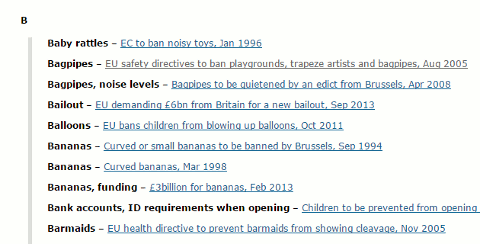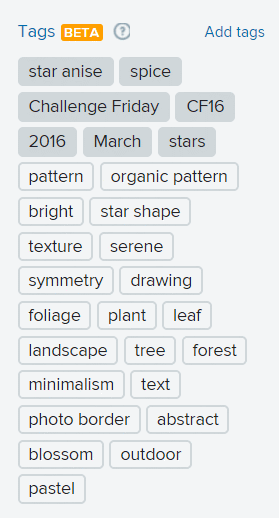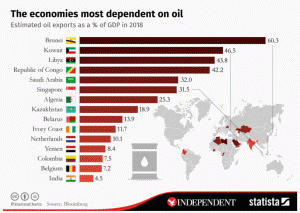Those of us living in the UK have become accustomed to sensational headlines in the British press warning us that the European Union (EU) is about to ban British cucumbers, sausages, cheese, church bells, street acrobats [insert food or activity of your choice]. Tracking down the relevant EU legislation to find out whether or not there is any truth in the stories is a nightmare, and they are not the easiest of documents to read and understand when you do find them. But help is at hand from an EU blog called “European Commission in the UK – Euromyths and Letters to the Editor” at http://blogs.ec.europa.eu/ECintheUK/.
The blog covers scare stories that have appeared in the UK press, some of which go back to 1992, and explains what the situation really is and the relevant legislation.
There is a neat A-Z index at http://blogs.ec.europa.eu/ECintheUK/euromyths-a-z-index/ so you can quickly check, for example, if the EU is about to ban bagpipes:
“As for banning bagpipes, Scots can rest assured that their favourite musical instrument is not under threat from EU proposals on noise pollution … they are designed primarily for those who work with loud machinery for a sustained period – more than 87 decibels for eight hours in a row. The law … will apply only to workers rather than audiences. If, in the highly unlikely event a bagpipe player is hired to play continuously for eight hours, and the noise created averaged more than 87 decibels, the employer would be obliged to carry out a risk assessment to see where changes can be made – tinkering with the acoustics in a hall to reduce echoes, for example. If that fails, personal protection such as earmuffs will need to be considered, but only as a last resort. Banning musical instruments is not an option. “
The blog is just one of many on the Europa website. A list can be found at Blogs of the European Commission.




